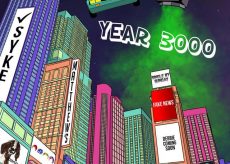Defying Odds, Hazmi Survived Kidney Disease and Secured a Job in KPMG
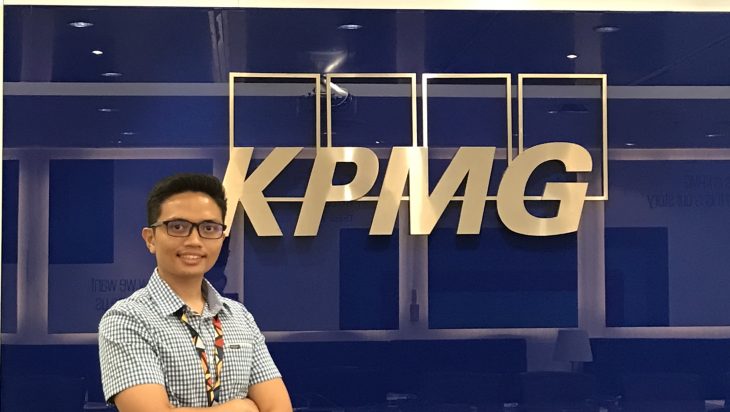
Stay updated with the latest intriguing stories for high achievers by following our Telegram channel here.
Hazmi Salihudin, currently working at KPMG, shares with us about his life before, during, and after living with Chronic Kidney Disease (CKD).
We spoke to Hazmi (KYSER 2014) to find out how he persevered through the hardship and got back on his feet.
How would you describe your life before being diagnosed with Chronic Kidney Disease (CKD)?
Before the complications, I was the type of person who would wake up at 6 a.m. and hit the gym with my friends. I loved sports, so I considered myself as a relatively healthy person. However, three days after my arrival in Malaysia from New Zealand for my summer internship, I was admitted to the intensive care unit (ICU) because I experienced severe headache and fever. But as someone who has been leading a relatively healthy lifestyle, it did not occur to me at that time, that it was anything serious.
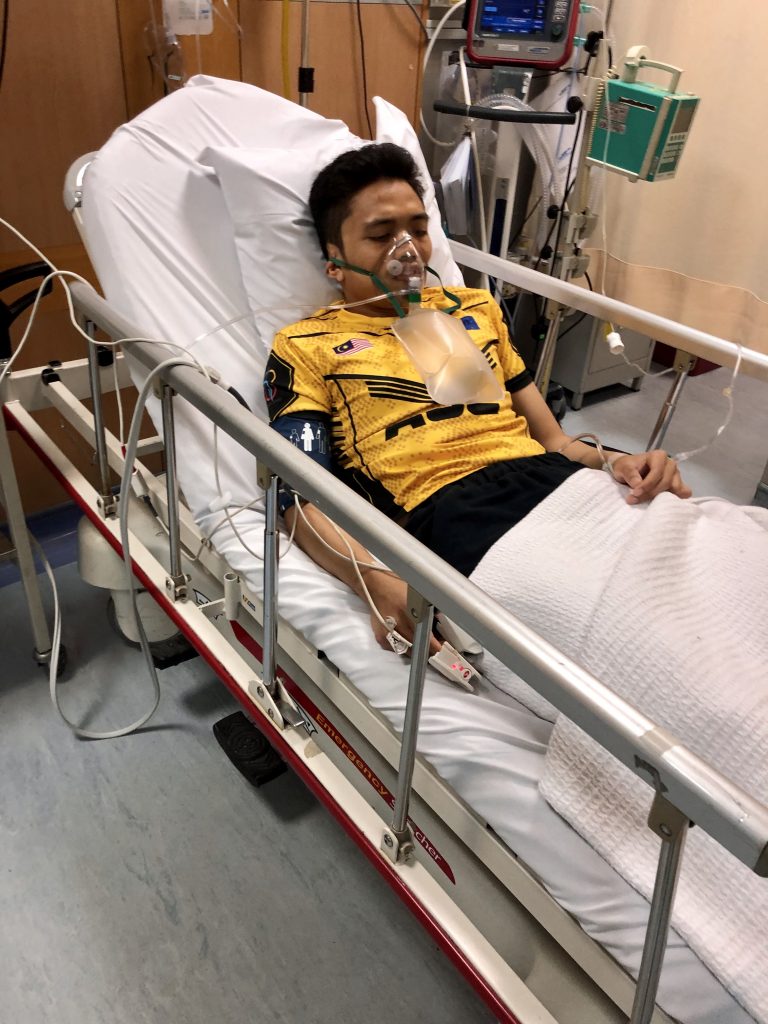
How did you take the news that you had the disease?
I was unconscious for a few days in the ICU. When I woke up, there were multiple wires and tubes attached to my body. I could barely speak nor move my limbs. Even after I was discharged, I was again admitted to the ICU a few times throughout my ‘summer break’. During my third ICU admission, my oxygen level was so low that it went to 40%. It came to a point when the doctor had advised my parents to prepare for the worst.
While I may have survived, these thoughts lingered in my mind; “Will I not be able to finish my studies?”, “Everything that I’ve done so far would have been for nothing as no one would hire a sick person”, and “I would have to live to survive for my whole life”.
I had to commit to dialysis four times daily. This of course, was hard to take in for a 22 year-old who was previously healthy.
Have you always had a strong support system? How was it when you first adapted to the new lifestyle after getting diagnosed with CKD?
The acceptance set in quite quickly. I had a few emotional breakdowns but because I received great support from my family, doctors and friends, I began to accept my condition. My parents, had given me the best support anyone can ever hope to get. Thanks to them, I was able to stay optimistic. I did my own research on how to come out of this instead of being affected by the possibility of a gloomy future.
When I was first diagnosed with CKD, I had one final semester left in the University of Auckland, New Zealand. Due to my health complication, the doctor advised against completing my studies. Only after assuring her that I will be well taken cared of by my mother in New Zealand did I receive her blessing. My mom quit her job for this, while my dad travelled between Malaysia and New Zealand multiple times to visit us.
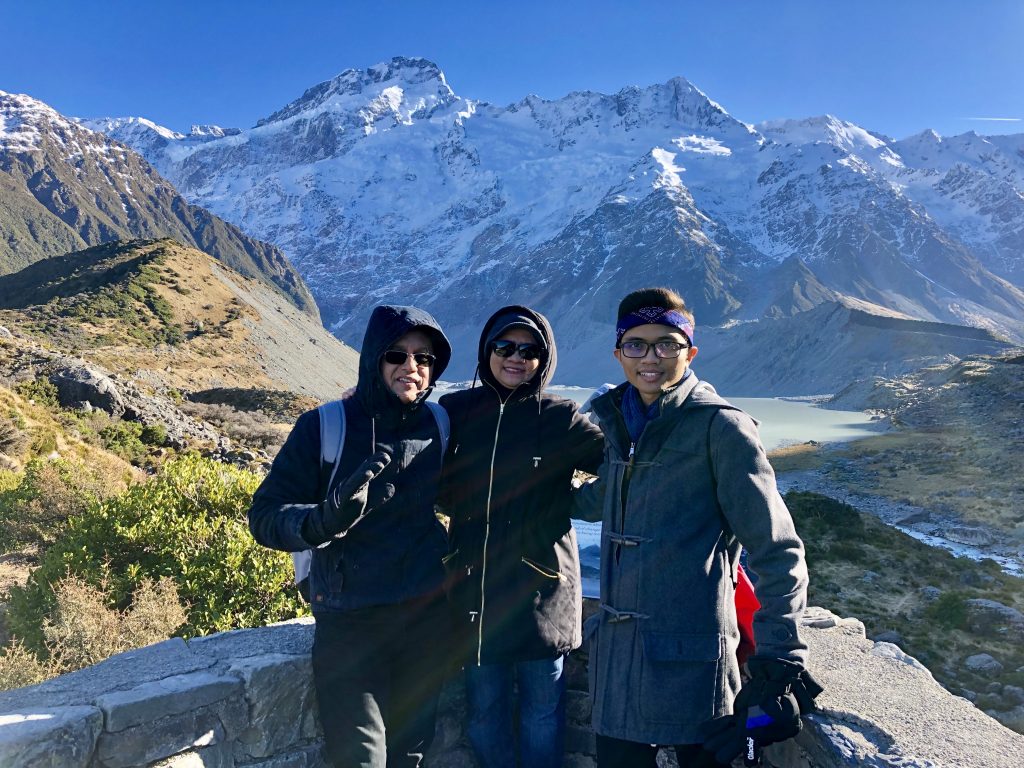
Our lives in New Zealand were anything but easy. It was about pushing me to the finish line. It was my parents who gave me the necessary encouragement to graduate.
During my studies, I tried to live life normally rather than being sorry for myself. Thankfully, I had my family’s support. My friends also helped me with my studies and kept me updated with the happenings in classes. My lecturers too, gave me the leniency to attend classes when I was physically able to.
In my final semester, I scored the highest marks compared to the previous semesters despite minimal class attendance.
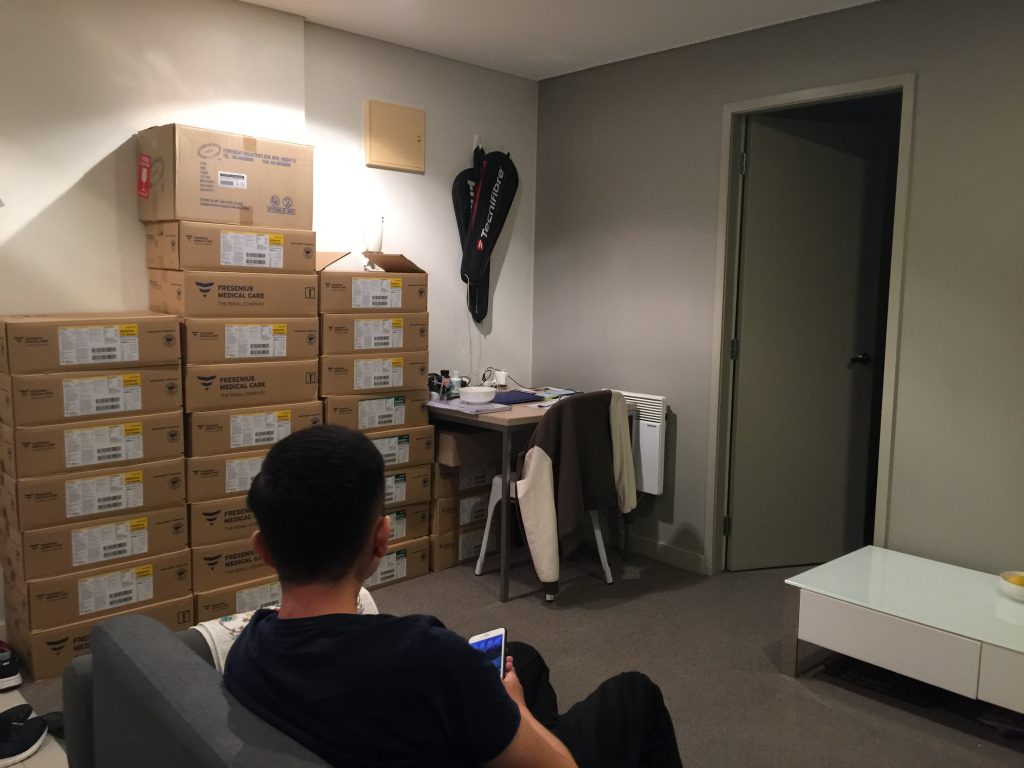
How did you cope with the mental pressure while enduring this hardship?
I strongly believe that perseverance will be rewarded, especially when you are sick or facing hardships. Despite my struggles, I try not to complain, and at the same time motivate others like me to persevere as well. What goes around comes around.
I do not like for others to feel sorry for me. When you are sick or in a bad state, people generally do not smile at you. So to brighten the mood, you will have to initiate it. That is how I create positive vibes for myself and the people around me.
We need to learn to accept the challenges we face and overcome them. Acknowledging that CKD is an irreversible condition, I believe there was no point resenting it as it will only serve to worsen my condition.
While you were studying, you had to commit to dialysis 4 times daily, yet you still managed to find the time and passion to actively participate in extracurricular activities. What were the activities you did and weren’t they exhausting to someone who had to undergo such processes daily?
It was challenging. During my last semester, I was involved in an annual sports event that gathered Malaysian students from all over New Zealand. The event which consisted of competitions and carnivals ran for a week and involved around 500 students.
As a committee member, I had to organise a pasar malam, handling medals and doorgifts, and the most physically demanding task was hosting the event’s opening night.
The biggest challenge for me when hosting the event was skipping my dialysis sessions. It is possible but strongly discouraged. So, I experienced quite severe stomach pain while waiting at the backstage before my on-stage appearance.
However, the moment the curtains were lifted, I saw the excitement of over 500 people in the crowd. That made me forget about the pain. I started to jump around with enthusiasm and energy. It felt amazing.
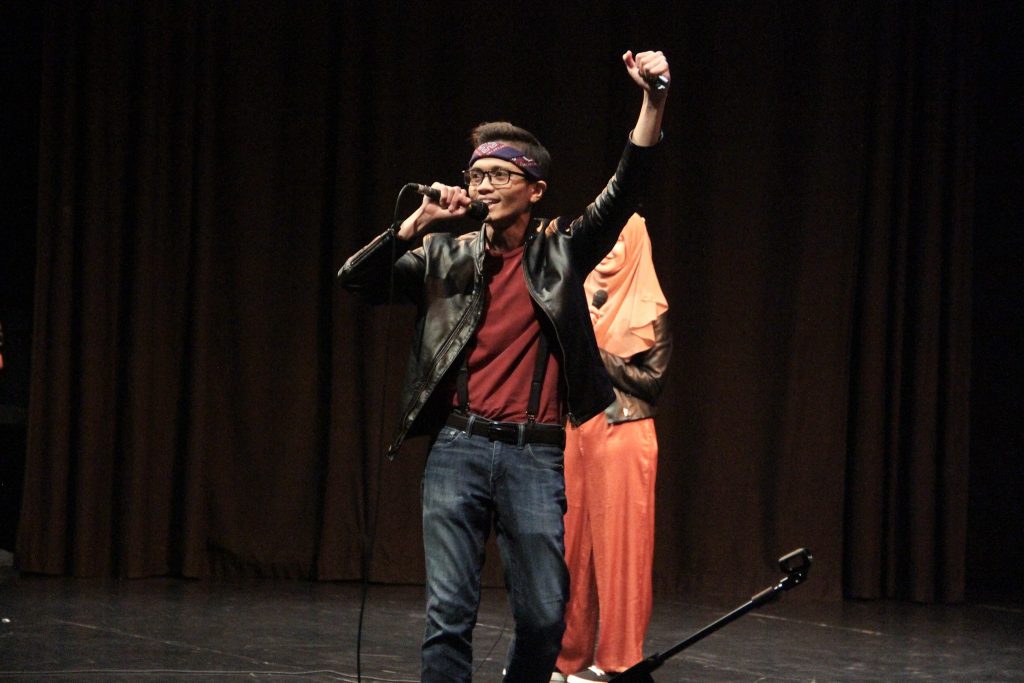
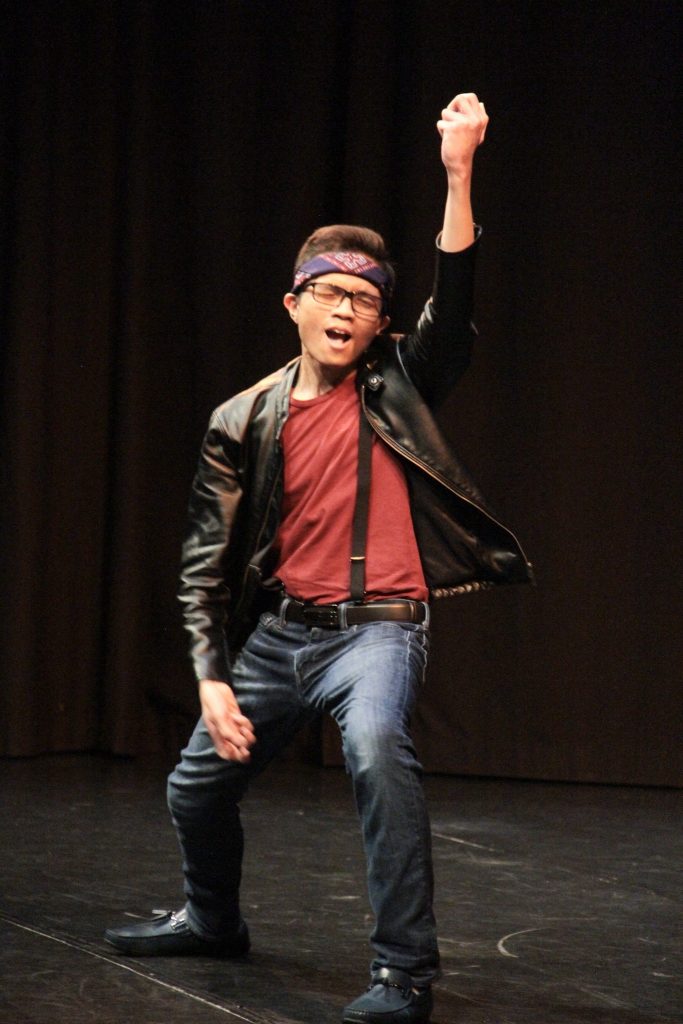
“Count your blessings and never be shy to seek for help”.
Hazmi
There was an article published by MICPA-CAANZ that says you had a backup plan if you had failed in the initial path you chose. What was that plan?
My dream since high school was to build a career in one of the ‘Big 4’ accounting firms. My dream came true as I managed to land a job in one of them, KPMG. These firms are notoriously intense, even more so for someone with my condition.
Had that not work out, my backup plan was to settle down at a smaller accounting firm near my house. I was ready to accept a lower salary in exchange for a more flexible working arrangement. Although my certification would qualify me for more reputable firms, I have come to terms with my condition and the limitations that come with it.
Your mother donated her kidney to you. What are the risks and follow up procedures required?
There is a ‘rejection risk’, where my body may reject my mom’s kidney because it is a ‘foreign’ organ. To mitigate this risk, I have to commit to regular medical check-ups and take pills.
Other than that, I feel perfect. I have never felt better.
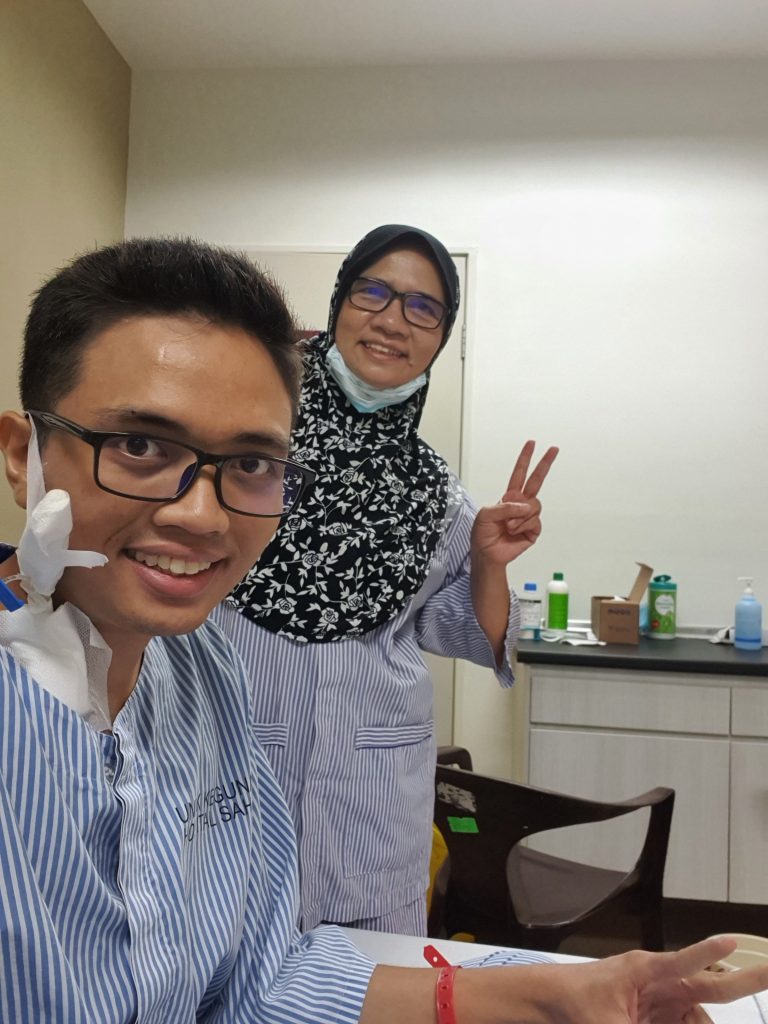
You are now working at KPMG as a Tax Consulting Assistant under Tax Trekkers. How has it been for you?
The company actually has a robust medical leave policy which greatly benefits me. Because I am required to attend a number of medical appointments, KPMG’s blanket policy allows me to go on leaves for both scheduled appointments and emergencies.
That is because, they give a free three-day medical leave to all employees which allows for staff to go on medical leave on a short notice without the need for a medical certificate (MC).
To date, I have never had to apply for special treatment because the existing system is already sufficient to accommodate people like me.
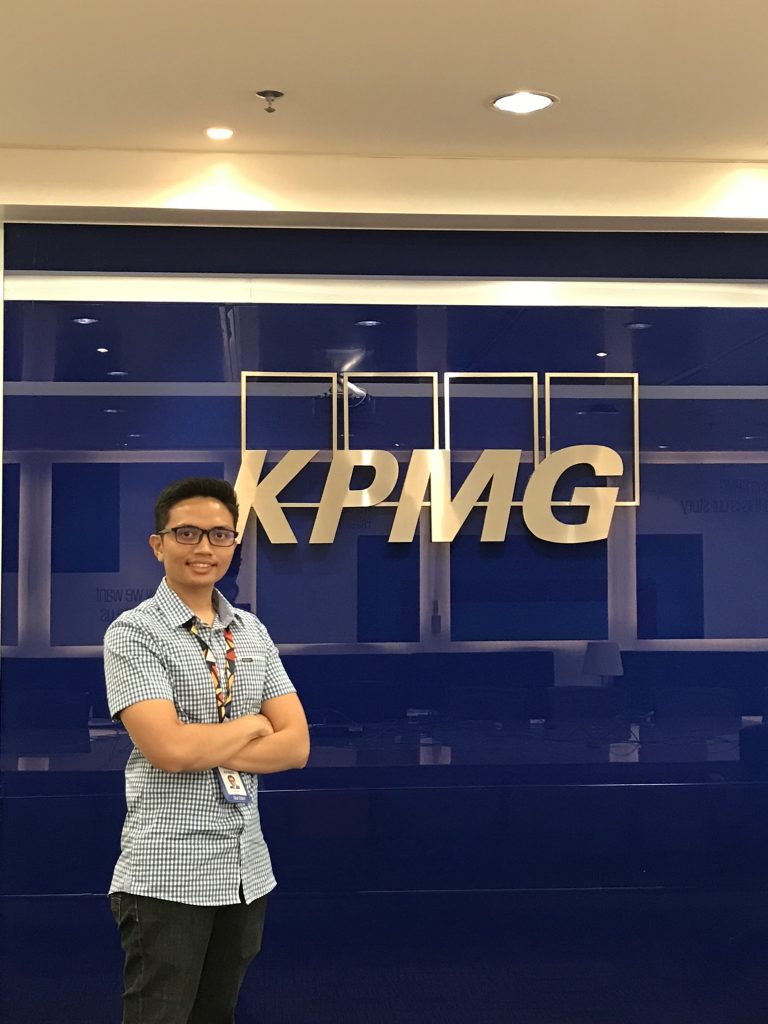
What has your experience thought you?
After spending months at six different hospitals, five ICUs, I learnt that the majority of patients were not as fortunate as I am. There were people who had to wait over 20 years since the age of 10 to get a new kidney, and there are people who never got that second chance. I have witnessed how an illness of a person can take a toll on his or her family.
We need to get more Malaysians to register themselves as a ‘cadaveric organ donor’, where they can donate their organs if they experience irreversible damage to the brain (brain dead). This can save many lives.
Once we have adequate supply of organs, we would not only save the lives of the patients, but those close to them. An illness not only cuts the patient’s source of income, but also his or her guardian’s. This deteriorates the quality of the family’s life.
I have raised this matter to well-known medical practitioners and organisations. Although I received highly positive feedback from all of them, there is still very little progress. I can only do so much.
But I am not giving up. I call upon anyone who would work with me to amplify this message.
What is your advice to the readers of Cemerlang?
There are many challenges in life, we just have to overcome them. Believe that your perseverance will be rewarded eventually.
Count your blessings and never be shy to seek for help.
Stay updated with the latest intriguing stories for high achievers by following our Telegram channel here.

